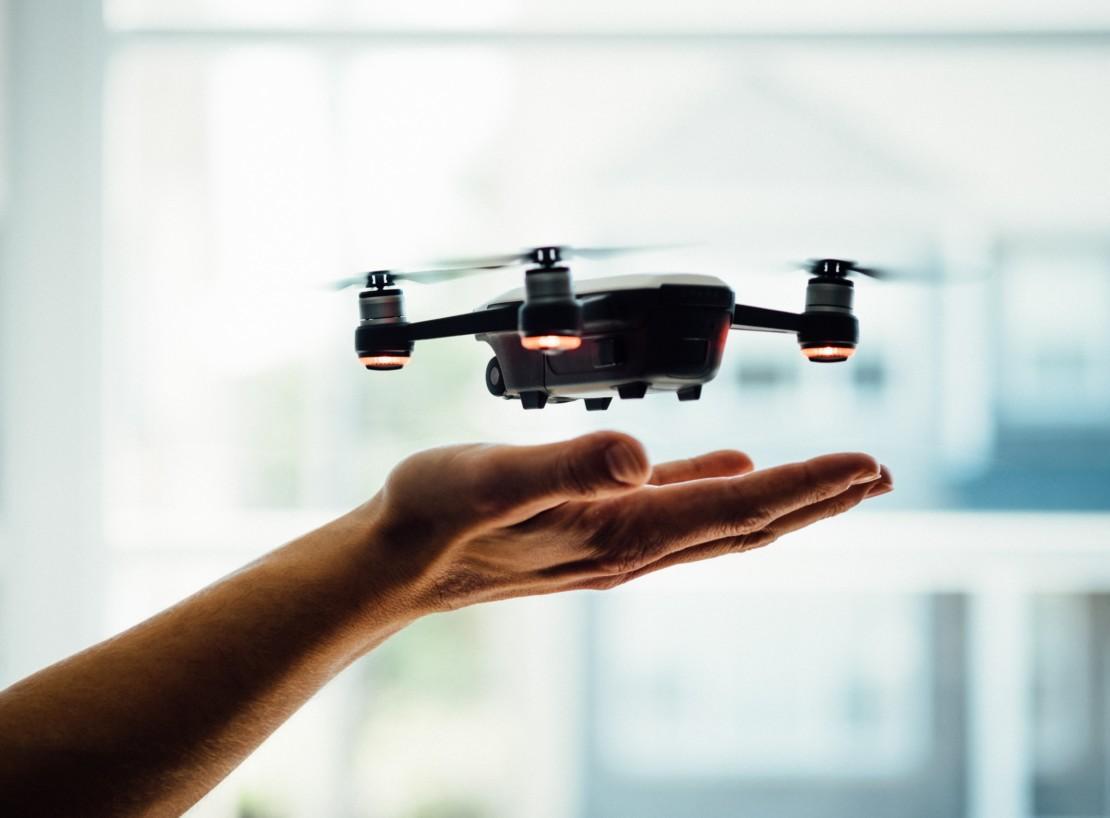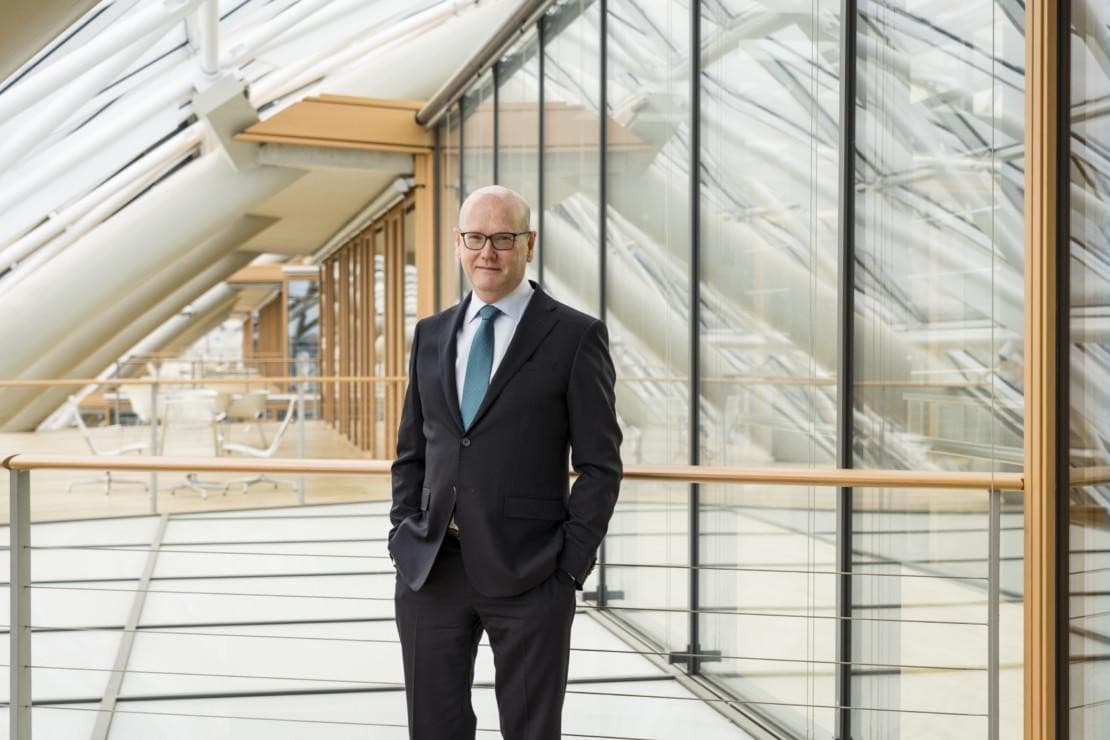1Nov2021
What do payments market players have to gain by acquiring NFTs?
A growing number of businesses are joining in on the Non-Fungible Token (NFT) craze. Not long ago, Visa, the payments processing behemoth, bought a “CryptoPunk” – one of the thousands of NFT-based digital avatars, for nearly USD 150,000 in the cryptocurrency Ethereum. Following the example, Mastercard has recently entered the market as well by announcing a sweepstake to win an NFT.
According to Simas Simanauskas, Head of Payments at ConnectPay, the NFT appeal can be attributed to both staying on-trend, liquidity, and its massive future potential.
The NFT market sales volume grew approximately 182 times in the first half of 2021, compared with the same period in 2020, reaching a whopping USD 2.5 billion. Seemingly everyone–from sports fan platforms to art houses jumped on the bandwagon. According to Simanauskas, while the actual value of NFTs is subject to much debate, it is widely seen as an appealing market for investment.
“VISA’s move to acquire one of the iconic “Cryptopunks” is nothing less than a message that traditional market players are closely following the crypto-space and looking for ways to capture part of that market,” he stated. “When and how they will do it will very much depend on the overall crypto regulation, as well as how fast the biggest crypto wallets and exchanges will adopt rigorous Know-Your-Customer (KYC) regimes.”
Speculative bubbles in the price of lithium put energy transition and electric mobility at risk
The instability and volatility of the price of lithium in the international market may hinder the energy transition, especially electric mobility. This uncertainty could also hamper the future supply of this essential component for the manufacture of batteries.
“The prices of lithium, one of the most important minerals at present for the energy transition and the transport sector, are not very stable, and there is evidence of a significant presence of speculative bubbles,” said Jorge M. Uribe, a member of the UOC’s Faculty of Economics and Business, leader of the Finance, Macroeconomics and Management (FM2) group and lead author of this work together with other experts from the University of Barcelona and Colombia’s Universidad del Valle.
“We tend to think that prices reflect the market’s situation and that they automatically adjust to supply and demand, but this is not always the case. In the case of lithium, the situation is very delicate, because this mineral is essential to enabling the energy transition towards more sustainable and less polluting models in the mobility and transport sector. Without lithium, there is no way for electric vehicles to thrive and replace combustion vehicles,” Uribe said.
According to Uribe, no technology is currently as efficient as lithium-based technologies to produce batteries at a reasonable cost. That’s why this mineral is more important every day, especially in the transport sector and in the transition to electric vehicles. Even in stationary power generation, renewable energies (such as solar and wind power) are not able to produce energy at specific times due to the climate conditions, which means that energy storage is a global priority today and will increasingly be so.
Aerit completes Sweden’s first commercial food delivery by drone
On October 25th, Aerit completed Sweden’s first commercial beyond visual line of sight (BVLOS) food delivery in collaboration with Region Halland using its autonomous drone the Nimbi.
The delivery flight began at Hygge, a local cafe near Tylösand beach, where a freshly made galette was winched into the Nimbi waiting at hover. The Nimbi then ascended into the sky and flew a pre-planned 2.7km route to the delivery location where the package was lowered to the ground.
The galette was delivered as part of a pilot project designed to explore both the technical and regulatory aspects of drone delivery under new EU wide regulations allowing for commercial drone operations. The regulations came into effect in January of this year.
“Autonomous flying drones provide numerous advantages to traditional last-mile solutions including speed, sustainability, accessibility, and, of course, a certain cool-factor.” said Alexander Perrien, Chief Executive Officer of Aerit. “We have been working closely with Region Halland and Transportstyrelsen to ensure that today’s delivery marks the beginning of long-lasting relationships to enable the growth of drone delivery across Sweden and the EU.
Electric truck maker ATLIS completes one of 2021’s fastest USD 5 million crowdfunding raises
Atlis Motor Vehicles has closed a heavily oversubscribed six-week USD 5 million crowdfunding raise. The campaign was one of the fastest crowdfunding campaigns of 2021 so far, attracting 4,123 new investors.
The new capital injection adds to over USD 16 million of crowdfunding raised by the Arizona-based company, towards developing its own electric vehicle battery cells and packs to power 300, 400, or 500-mile range versions of the ATLIS XP vehicle platform and XT pickup truck, to debut in 2022.
The latest raise was conducted by the Rialto Markets crowdfunding platform and ATLIS President Annie Pratt said:
“The fast pace and major oversubscription of our most recent raise speaks volumes towards the attractiveness of our cutting-edge products, patent applications, and development path we have mapped out and shared with our followers. It also reinforces the confidence we placed in partnering with Rialto Markets to raise this funding so rapidly, enabling ATLIS to now quickly scale battery development and move towards vehicle production.”


